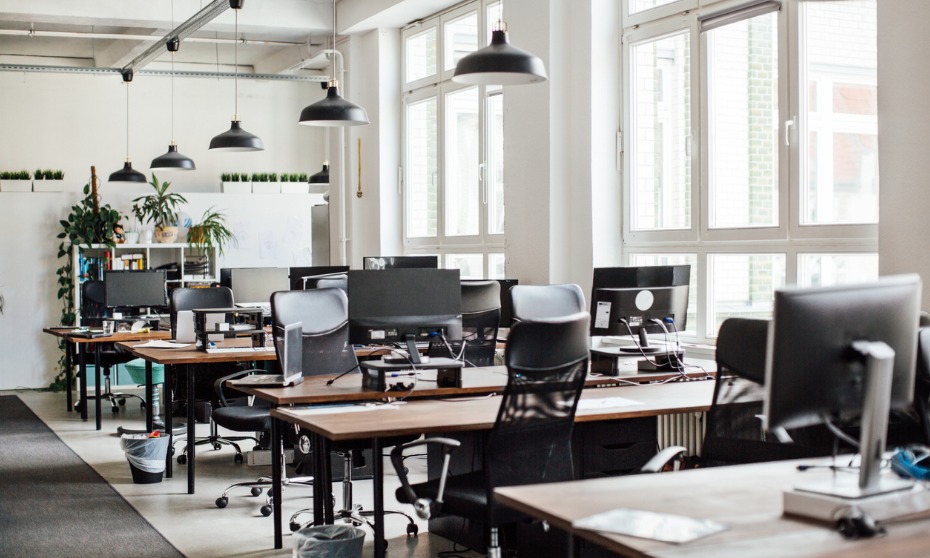
Asia’s the ‘most vacation deprived’ in the world

Vacation season is upon us yet again. But what does that mean for those working in Asia, recently named the ‘most vacation-deprived’ region in the world?
Singapore wasn’t the only Asian nation in the top 10 – six other countries from the region were labelled ‘vacation deprived’. Top three in the global list were India, South Korea and Hong Kong.
Additionally, the Expedia study found that in Singapore alone, nine in 10 professionals feel they deserve more vacation days, with a majority willing to take a pay cut for extra paid leaves.
Another study found a probable cause for the situation: over half of Singaporeans want to take a break but feel “guilty” about “indulging” in downtime.
The Sentosa Development Corporation survey found that professionals were stressed by the thought of doing nothing, with three in 10 saying they didn’t know how to relax. Others felt the time spent taking a break could be better used for “something more productive”.
One university researcher told HRD that vacations are “not a luxury, it’s a necessity”. How can organisations help employees handle the dilemma around holidays?
She said it begins with “creating a culture where it is acceptable, expected and encouraged” for people to take time off “because we’ve created a culture of workaholics”.
READ MORE: Does sacrificing vacation time lead to career success?
And the impact of vacations extends beyond personal well-being. Expedia’s study revealed that they’re also crucial in helping you perform better at work:
Dr Tan Ern Ser, Associate Professor, Department of Sociology at the National University of Singapore (NUS) paralleled the findings, saying that ‘rest time’ has great impact on both your work and home life.
“My sense is that many of us are inclined to believe that if our foot is always on the pedal…we would be more productive and appreciated at work, while our loved ones would be able to enjoy the fruits of our labour, even if we are mostly absent in their lives,” Dr Tan said.
“Paradoxically, when we set aside ‘rest time’, we would not only become more productive, both in terms of quality and quantity, at work, but also be able to enjoy family time and me-time.”
If the countless studies aren’t enough, one Singaporean leader accounts her current efforts on self-care and taking holiday breaks as her ‘saving grace’ from a repeat of her close shave with depression 12 years ago.
The refocusing has also helped Anthea Ong get to where she is today, boasting impressive ‘hats’ like mental wellness advocate, nominated member of parliament in Singapore, and social entrepreneur.
“My philosophy is I’m very, very human,” she said. “I’m first a full-time human being and part-time everything else… that means I’m not a machine, and therefore I definitely need that pause, that grasp.”